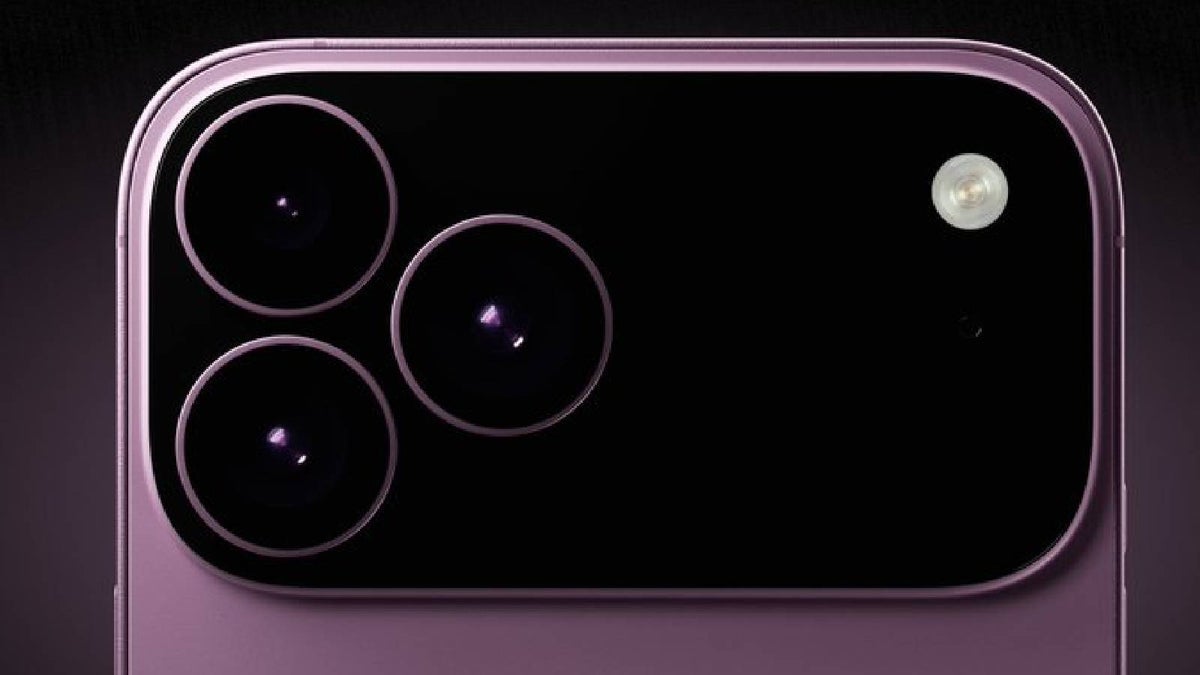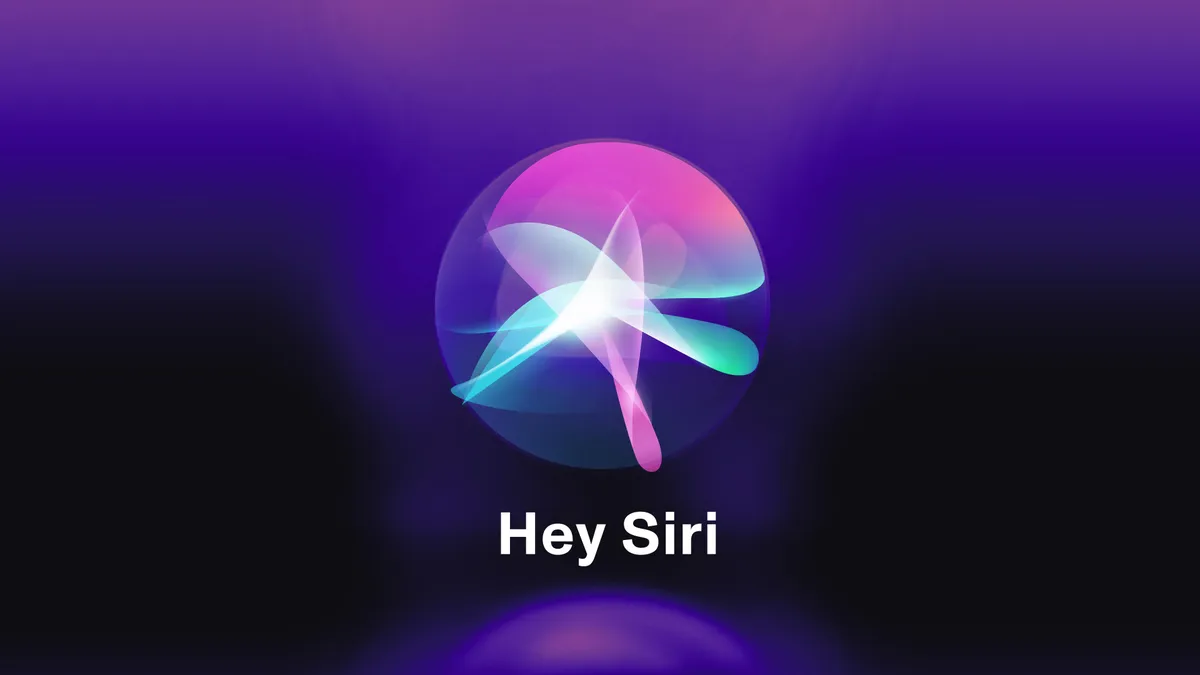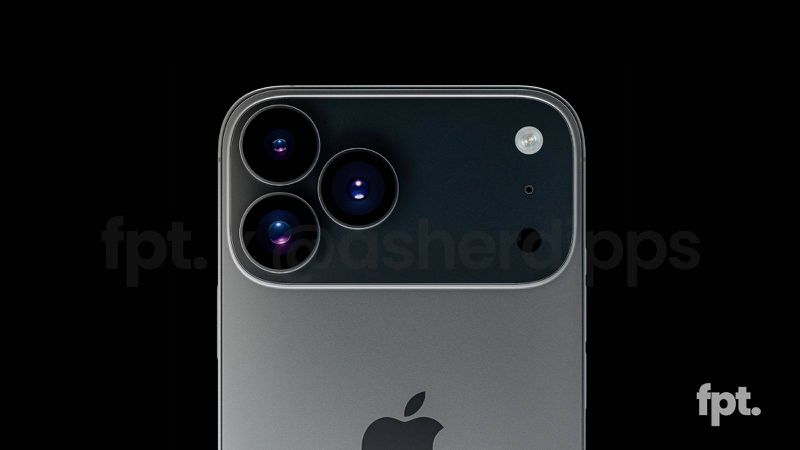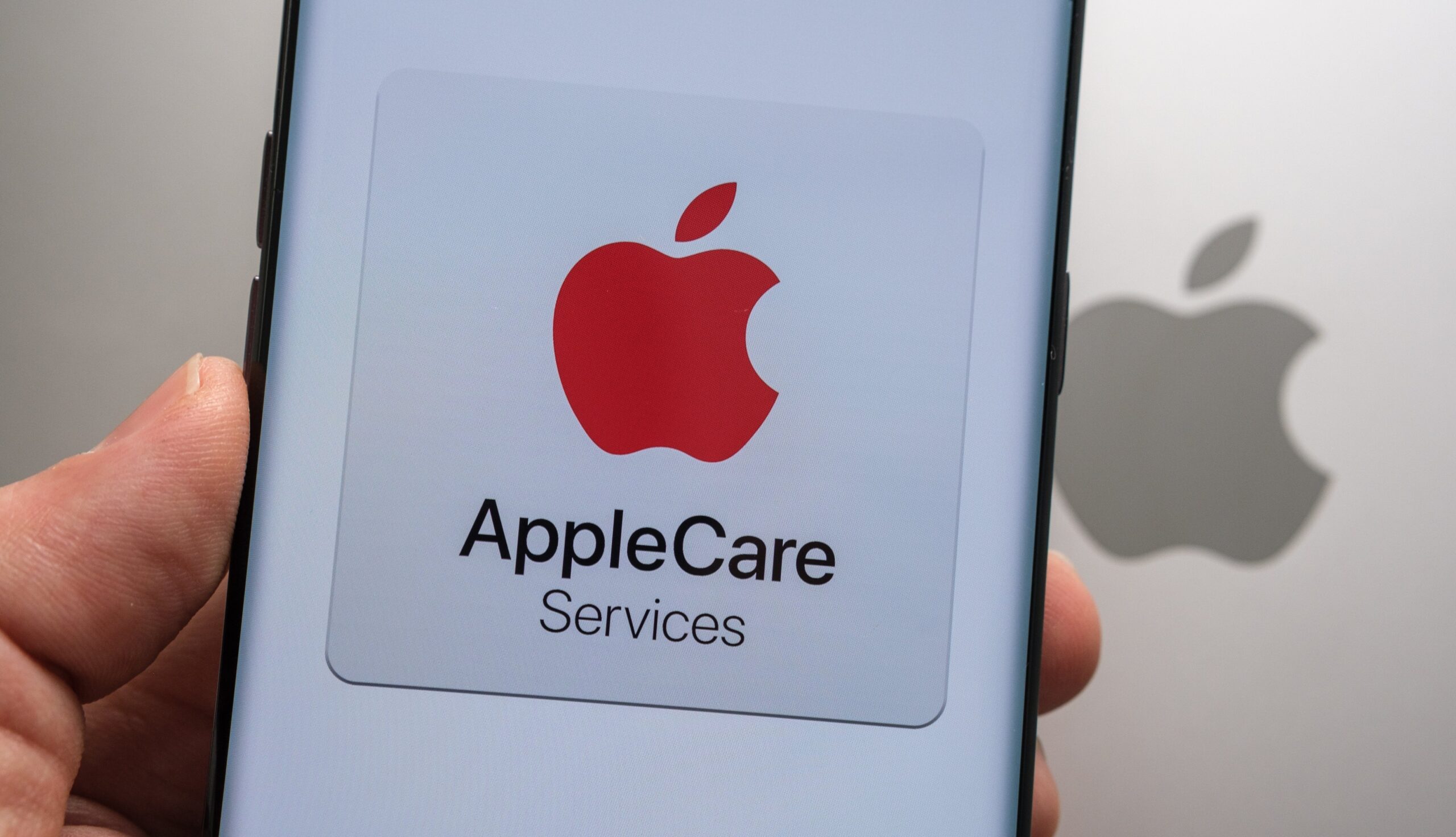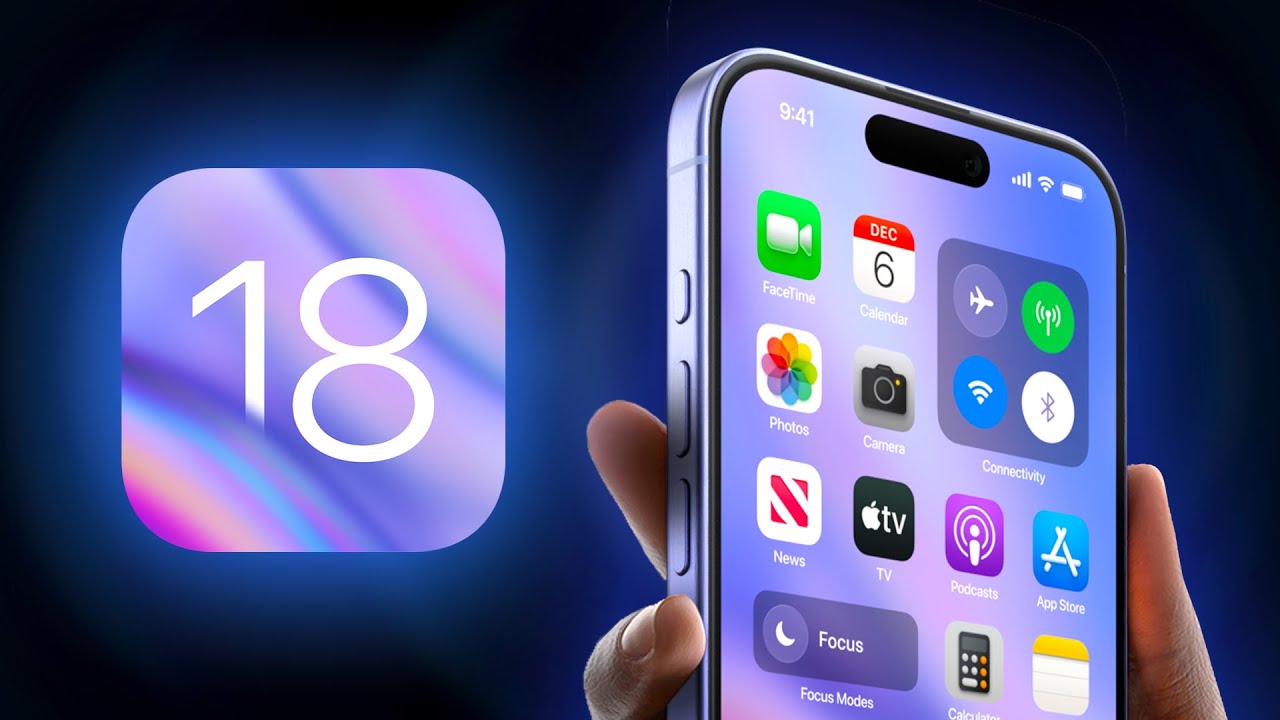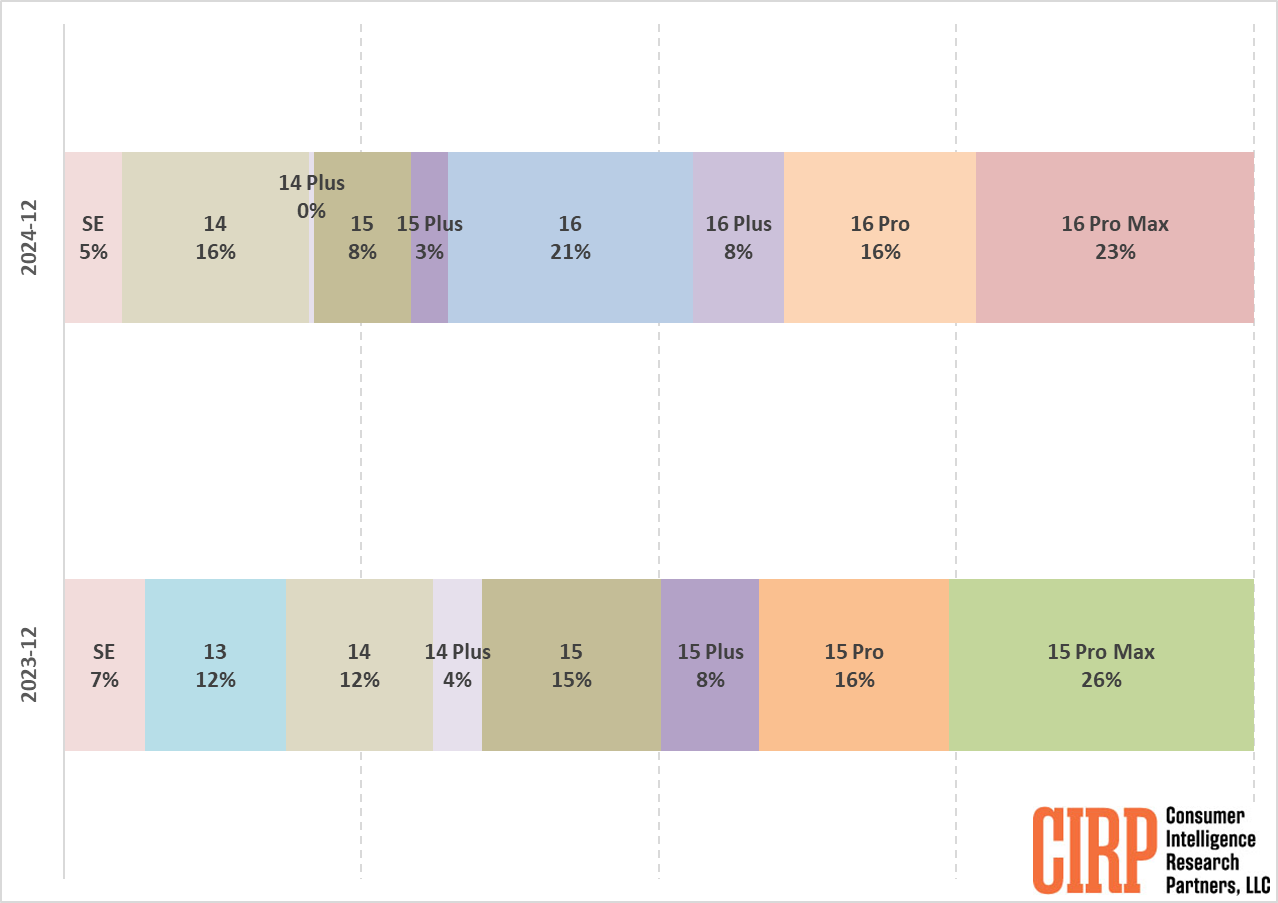Exciting news for iPhone fans! A well-known leaker, Sonny Dickson, recently shared a picture of protective cases designed for the upcoming iPhone 17 Pro. What stands out is the huge space carved out for the camera. This suggests Apple is planning a major update to the camera design on its next premium phone.
For years, iPhones have kept a similar look on the front, but the back—especially the camera area—still has room for fresh ideas. Rumors say the iPhone 17 Pro and Pro Max will swap the usual square camera bump for a wide, horizontal strip stretching across the device. It’s a style that reminds some of Google’s Pixel phones. Based on early designs and leaked parts, the new layout keeps three lenses in a triangle on the left, while moving the LiDAR scanner, microphone, and flash to the right for a balanced look.
Why the change? It’s not fully clear yet. Some think it could make room for bigger or better camera parts, improve depth-sensing accuracy, or simply help fit everything inside a shrinking phone frame. The camera bump’s color also seems to blend with the phone’s body, giving it a sleek, unified appearance.
Apple is expected to launch the iPhone 17 Pro and Pro Max in September, alongside the regular iPhone 17 and a super-slim iPhone 17 Air. Want more details? Check out the latest iPhone 17 Pro updates online. This sneak peek at the cases has us excited to see how Apple’s next big phone will turn out!
First look at some cases for the new iPhone 17 Pro — wow, that camera hole is huge! Apple’s really turning heads with this design. pic.twitter.com/IKJ4DqksCE
— Sonny Dickson (@SonnyDickson) April 9, 2025
